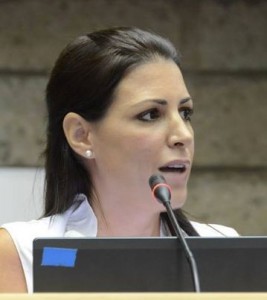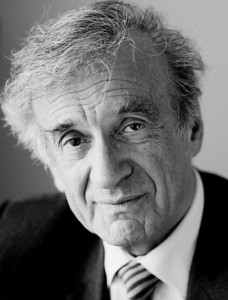Saving Africa With Israeli Technology
Sivan Borowich-Ya’ari was born in Israel to an Algerian-Jewish father and Tunisian-Jewish mother. She was raised in France, but returned to Israel to serve in the army. After her service, Ya’ari moved to the United States to pursue higher education. While completing a Master’s at Columbia University, she went on an internship to Senegal with the United Nations Development Program, working to bring electrical generators to poor villages. Inspired by the terrible living conditions that she saw, Ya’ari took it upon herself to make a positive change in Africa. Soon after, she started her own project to bring solar-powered electricity to a Tanzanian village. In 2008, Ya’ari founded a non-profit organization, originally called Jewish Heart for Africa, and now Innovation: Africa. Its mission: making Africa a better place, and doing it with modern Israeli technology. Since then, her organization has helped bring light and electricity, food and water, education and medical care to over 450,000 people in Africa, particularly in Ethiopia, Uganda, Tanzania and Malawi. Over 250,000 children have been able to get vaccinated thanks to solar refrigerators provided by Innovation: Africa. Ya’ari works together with impoverished villages to bring them the basic infrastructure that they need. Her efforts have stimulated business opportunities, wider education, and better health. The organization maintains its promise to contribute 100% of donations for its causes, a part of which goes to develop novel Israeli technologies. Last fall, Ya’ari was honoured with the United Nation’s Innovation Award.
Words of the Week
You speak of all that you need, but you say nothing of what you are needed for.
– Rabbi Schneur Zalman of Liadi


